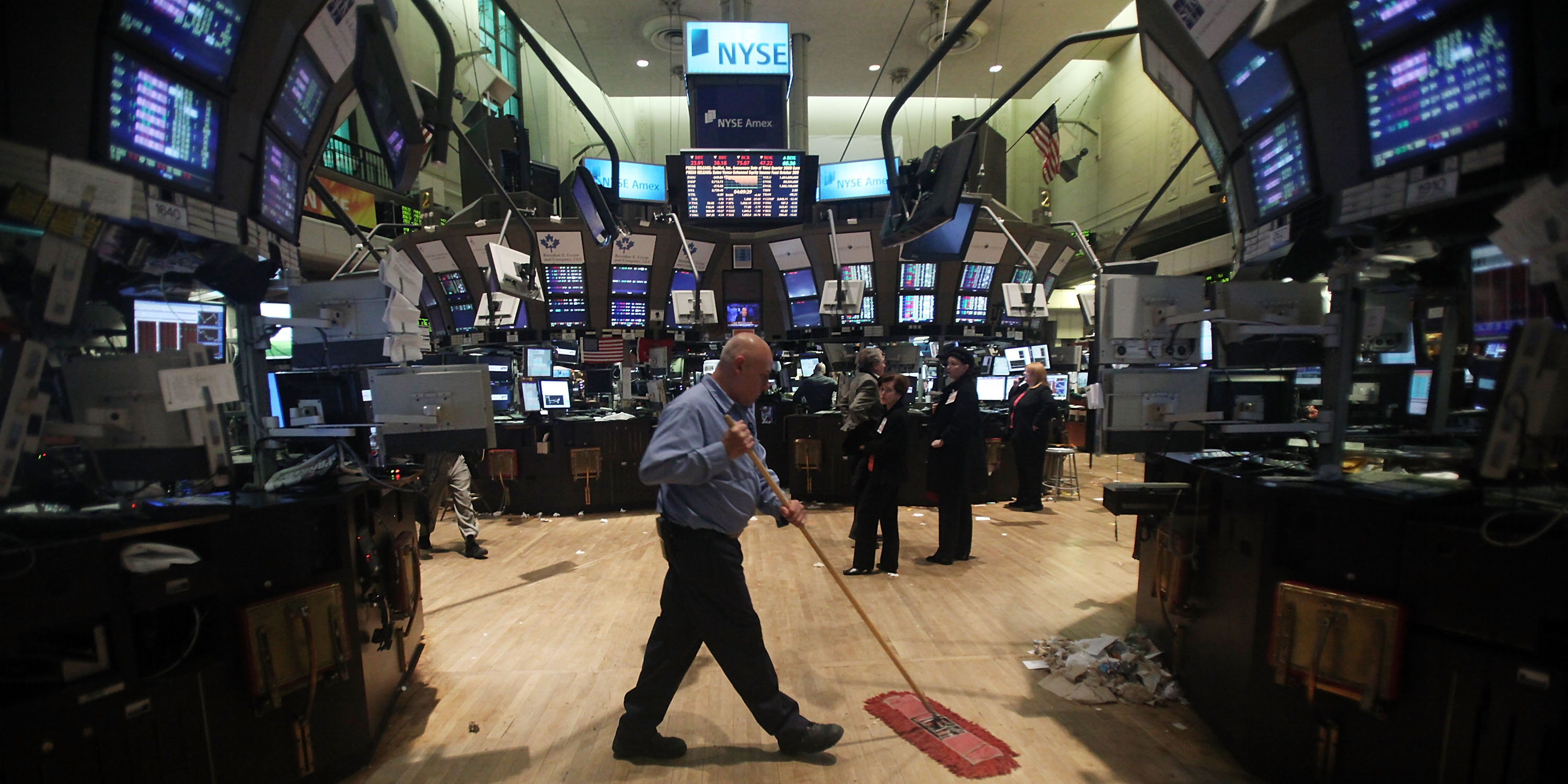- High-frequency traders are lashing out over the New York Stock Exchange’s new pair of antennas meant to help boost trading speeds for its computer systems.
- Virtu Financial, a high-frequency trading shop, told the Wall Street Journal that it expects the NYSE’s to charge lofty fees in order to access the antennas.
- High-frequency traders need access to the fastest possible network connection in order to execute trades as quickly as possible.
- Visit the Markets Insider homepage for more stories.
A plan to install a pair of high-speed trading antennas on the roof of the New York Stock Exchange’s data center is drawing pushback from an unlikely crowd.
High-frequency traders, which make a living by trading stocks and other assets at unimaginable speeds, are voicing concerns that the NYSE’s could charge high fees in order to access the network, the Wall Street Journal reported.
According to the WSJ, the antennas were built on the roof the NYSE’s data center in Mahwah, New Jersey, and will reduce the time it takes for traders to access its network by two millionths of a second.
Virtu Financial, a high-frequency trading firm, slammed the NYSE in a letter to the Securities and Exchange Commission last month and said it expects SFTI - a trading network owned by NYSE - to receive exclusive access to the antennas.
"The NYSE is just looking for ways to use its monopolistic advantage to charge premium prices," Douglas Cifu, Virtu's chief executive officer, said in an interview with the Wall Street Journal.
High-frequency traders operate in a world of split-second decisions, and without access to the fastest possible networks, a firm can easily be crushed by competitors.
The NYSE's rooftop antennas would enable it to relay signals to a different pair of antennas on a pole about 160 feet away, which would travel much faster than the fiber-optic cable the exchange currently uses.
SFTI would then receive those signals and link up to major US exchanges two millionths of a second faster with the new pair of antennas.
The WSJ said this would threaten a competing network run by McKay Brothers, a company that provides infrastructure for high-frequency traders.
The NYSE is owned by Intercontinenal Exchange, a financial and commodity markets operator.
